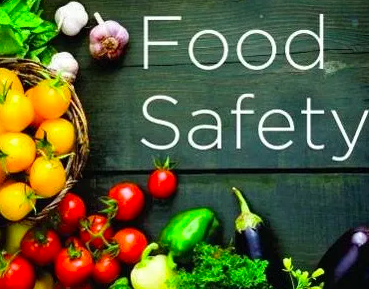
Dr. Scott Gottlieb, the head of the Food and Drug Administration (FDA) has spent the better part of the last two days trying to reassure the public that food safety is not at risk during the shutdown. On Wednesday and Thursday, through a series of tweets, Dr. Gottlieb explained (1) that routine food safety inspections are not taking place now; (2) that he is trying to get them re-started by next week – though he is not sure how to do it because FDA guidance requires routine inspections to cease when there is no funding; and that (3) high-risk food safety inspections are continuing. The key fact that most people don’t know is that there are very few food safety inspections in the U.S, which Politico’s Helena Bottemiller Evich pointed out in a story and in a devastating series of tweets.
Here are the key statistics, as reported by Politico:
- There were more than 88,000 registered food facilities in the United States in 2016, according to FDA data, of which only 160 are inspected each week.
- There are 20,000 high risk food facilities in the U.S., of which only 50 are inspected each week.
- Under the Food Safety Modernization Act, FDA is required to inspect all high-risk food facilities every three years, but at the rate of 50/week it will take 12 years to inspect them all.
The “good news” is that the Centers for Disease Control can now, after several months, state with some certainty that the romaine lettuce E-coli outbreak “appears to be over.” Whew. Still, Ecowatch reported on Wednesday on the risks to human health posed by concentrated animal feeding operations (known as CAFOs) in North Carolina. CAFOs store animal urine and feces — which contain E. coli, salmonella, cryptosporidium, and other harmful bacteria – in “lagoons” that can overflow into surrounding rivers and streams, or sustain catastrophic structural damage as a result of heavy rainstorms. Or worse, to avoid overflows, the CAFOs spray excess waste onto surrounding agricultural fields as fertilizer for crops. Unfortunately, there are lots of holes and weak spots in our food safety system, even when the government is open.
Why This Matters: The good news is that your food is almost as safe now as it ever was. The bad news is that our safety inspection system is woefully underfunded and inadequate. But we should have already deduced that fact given the two deadly E-coli outbreaks in the last year. The law on food inspections is relatively strong, but not being fully implemented. And lax agricultural practices and health and safety regulations regarding pesticides and use of certain fertilizers create further loopholes that result in more risk than most people realize.
January 11, 2019 » CAFOs, contamination, FDA, food, Food and Drug Administration, government, high risk, inspections, safety, shutdown


